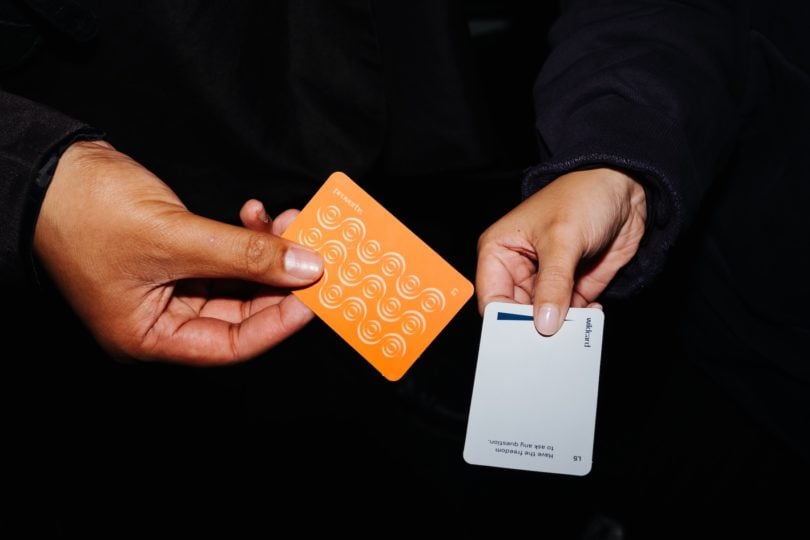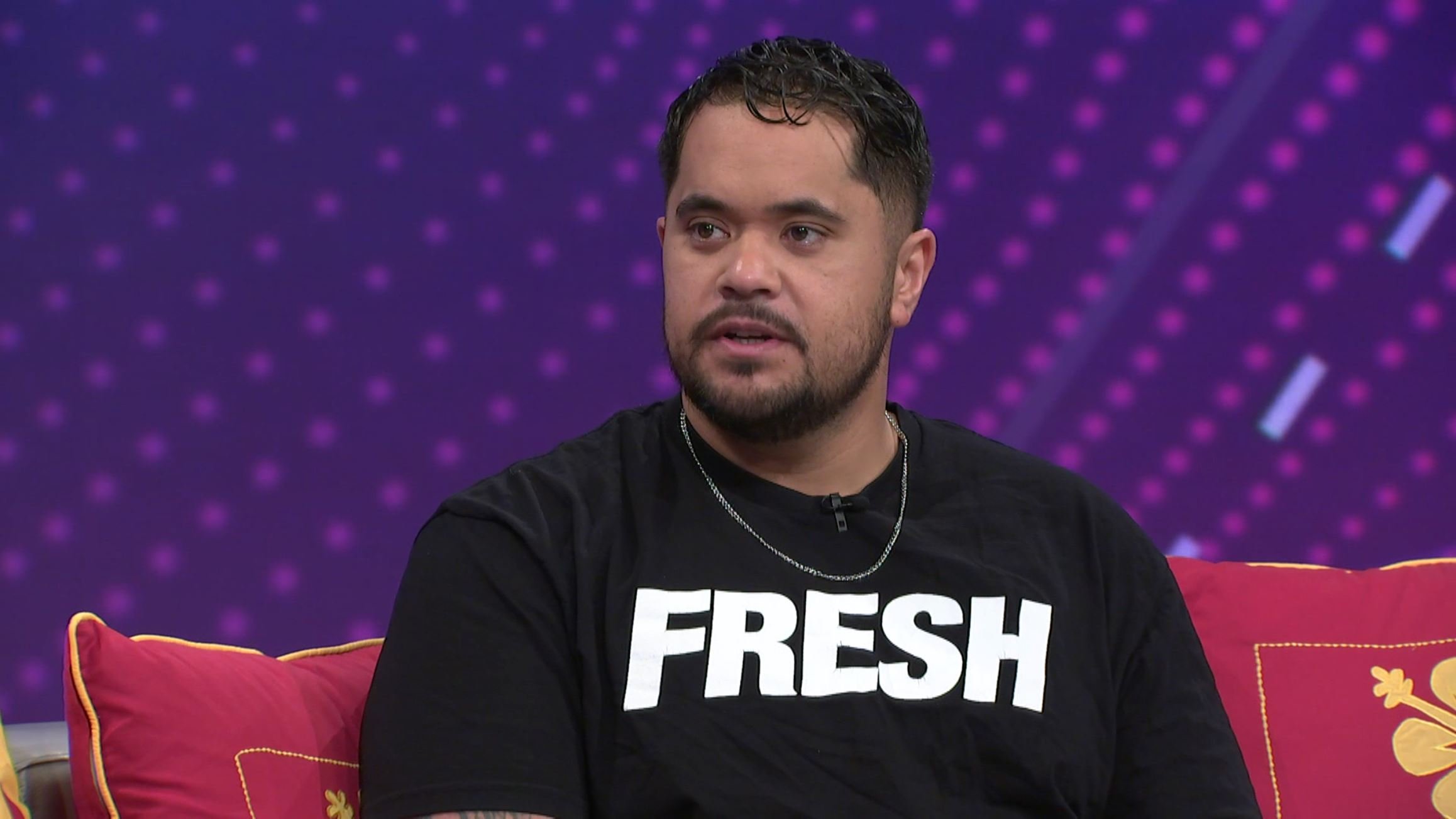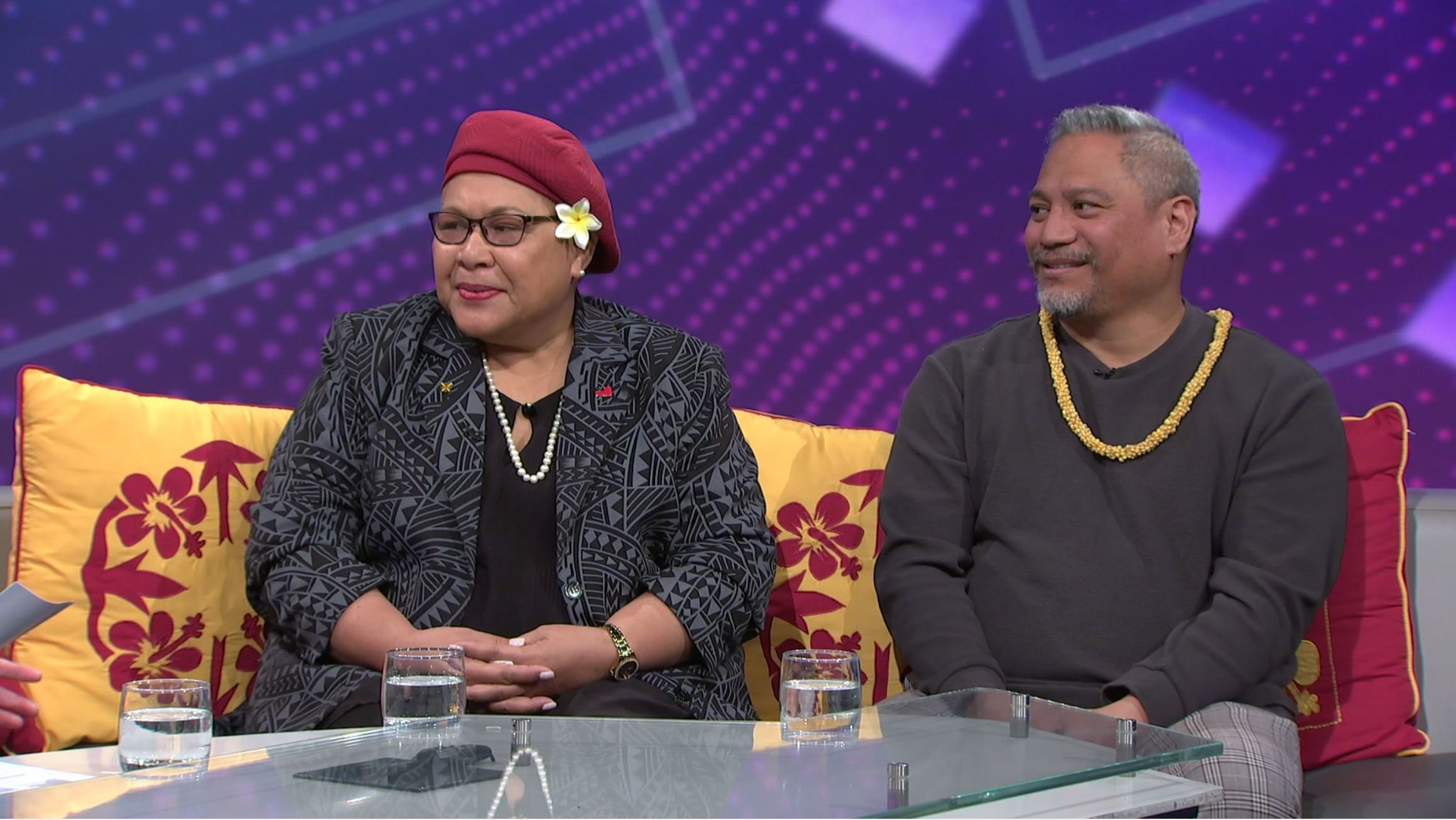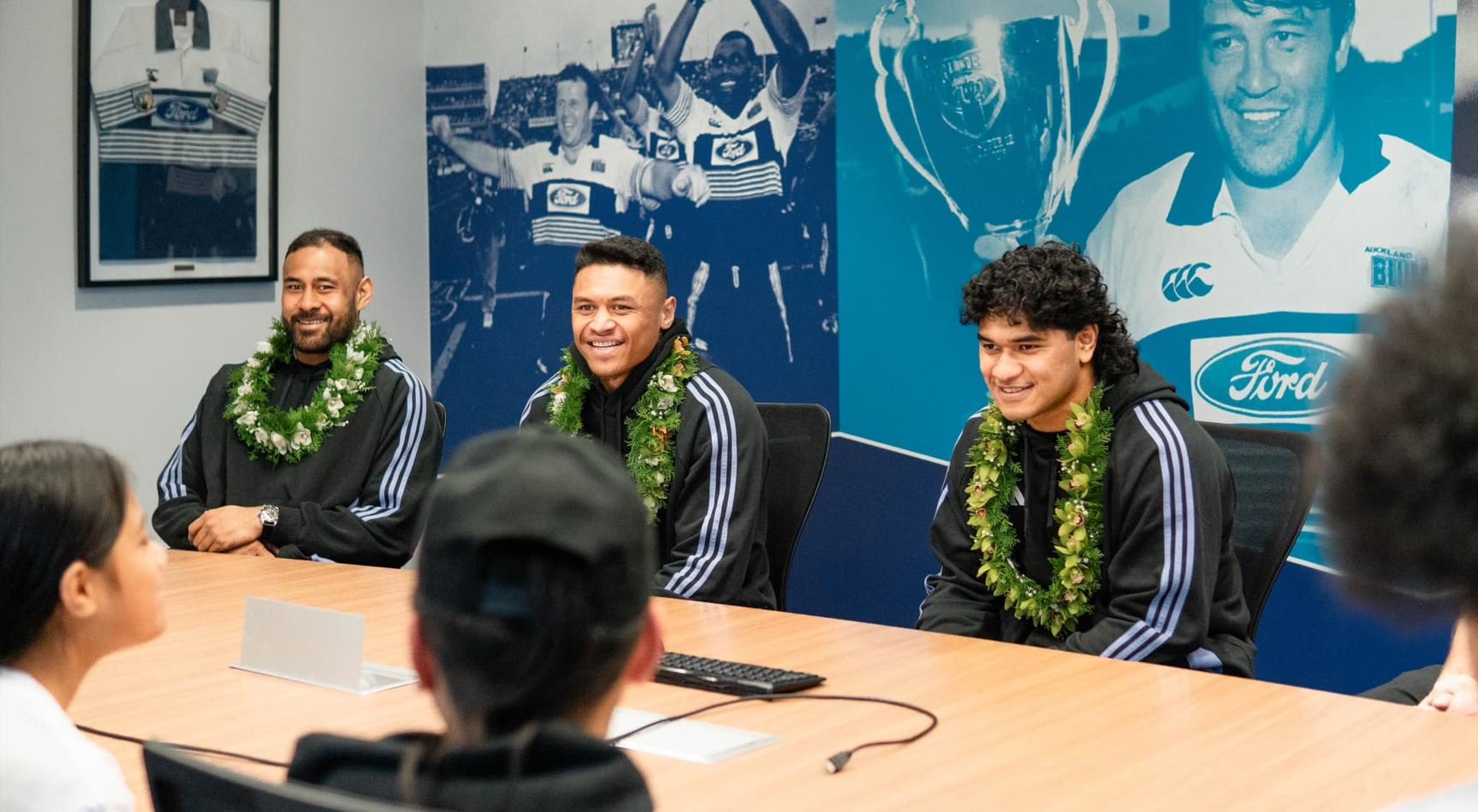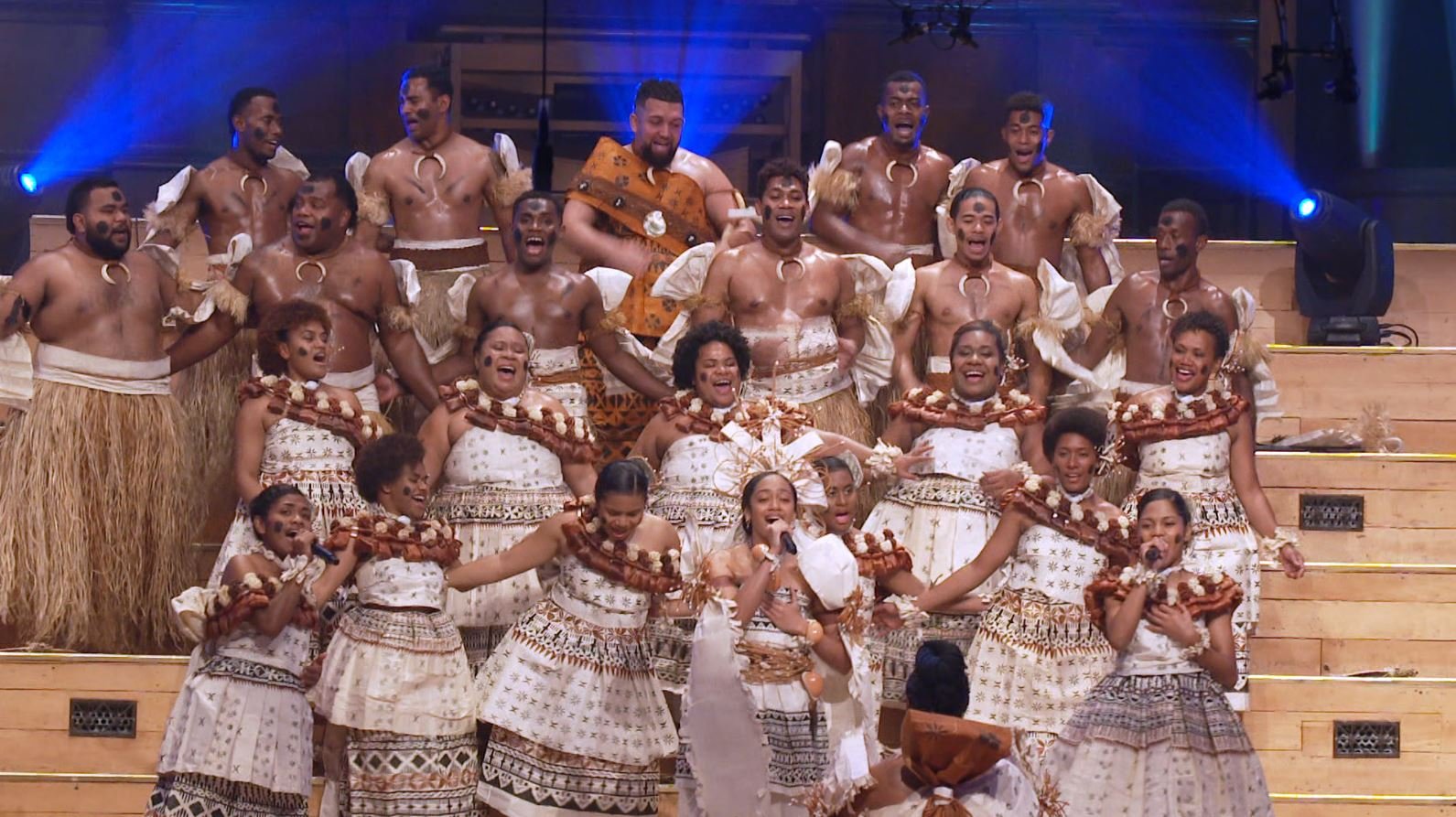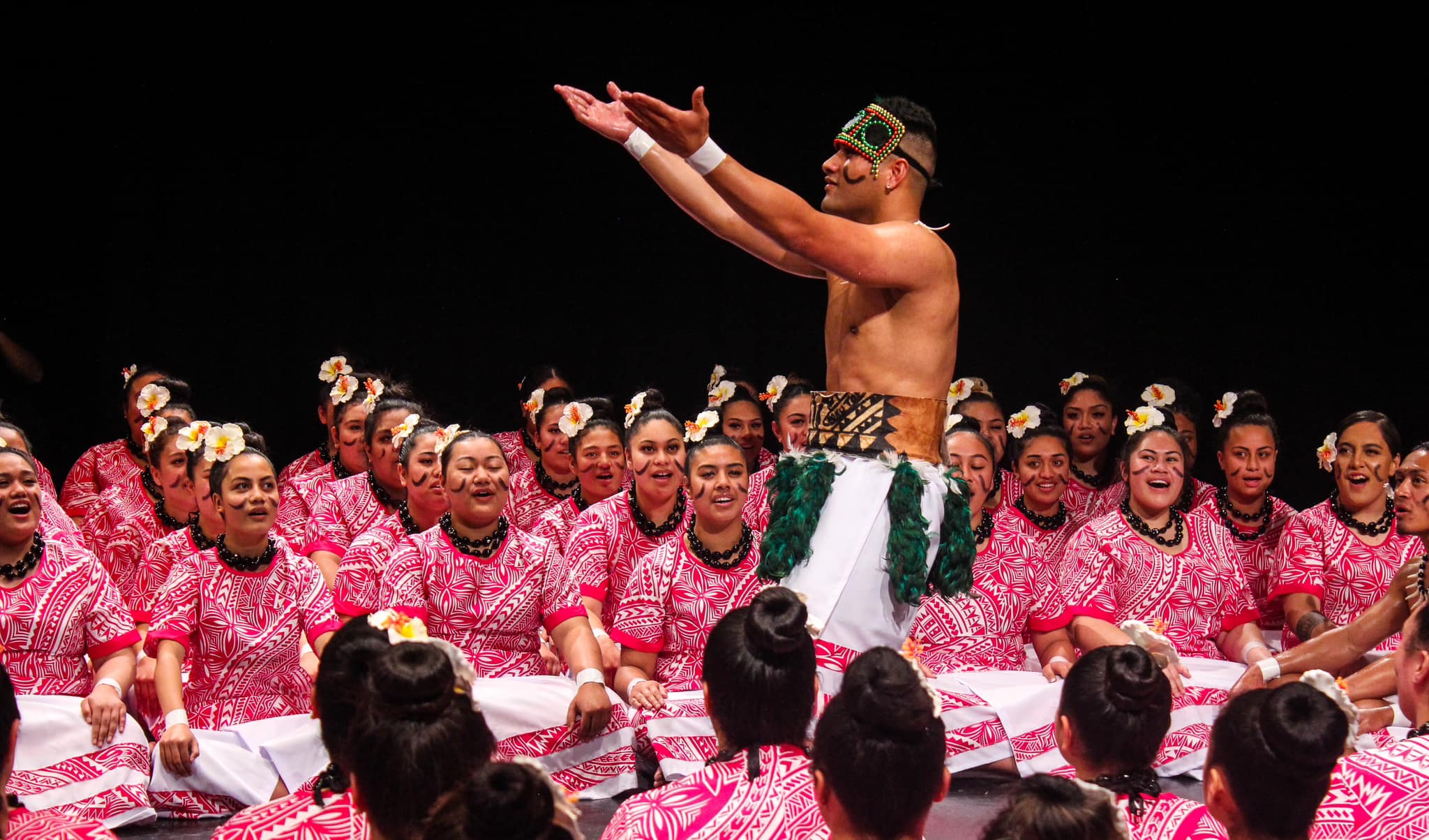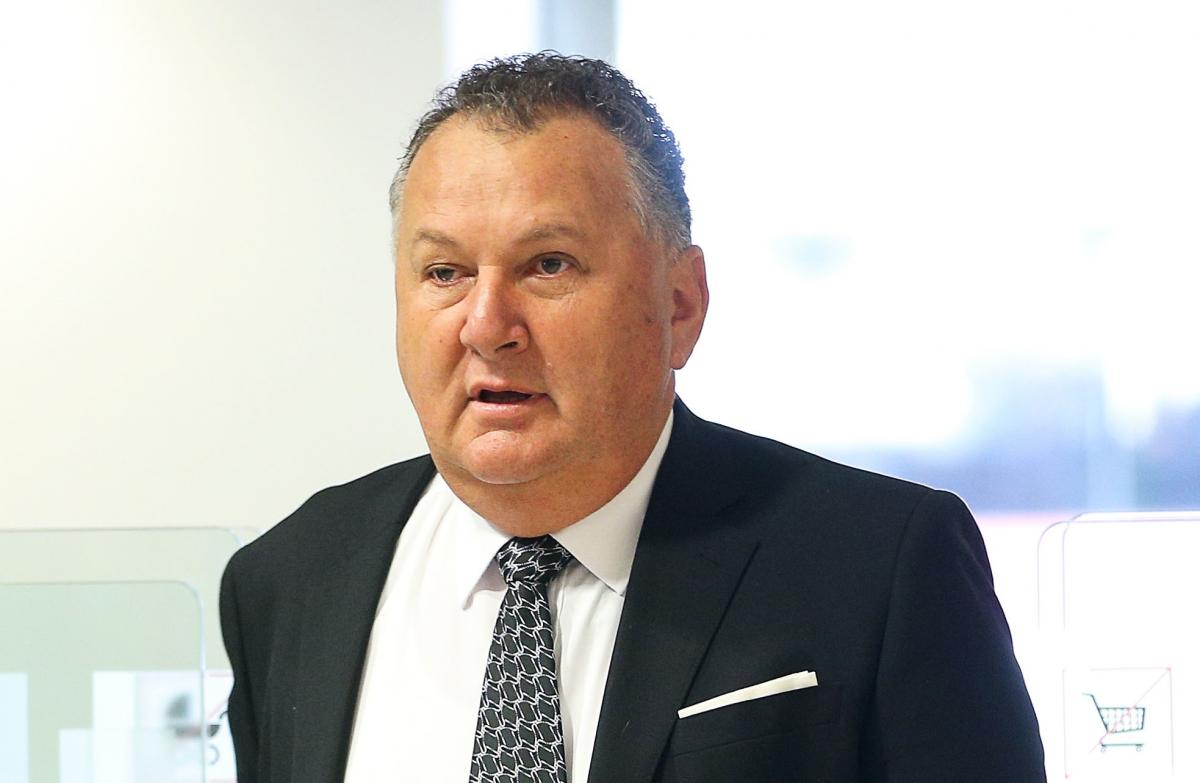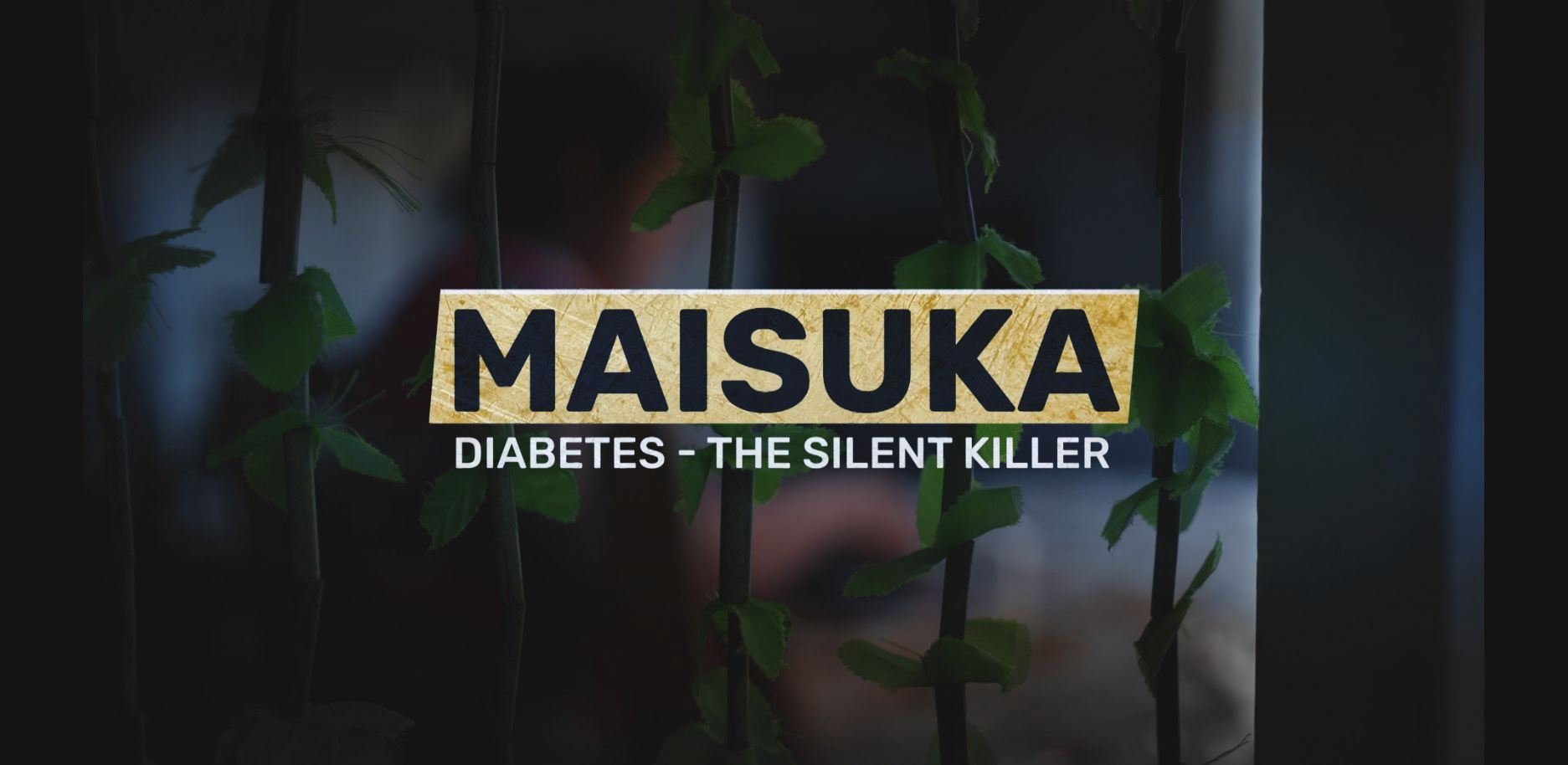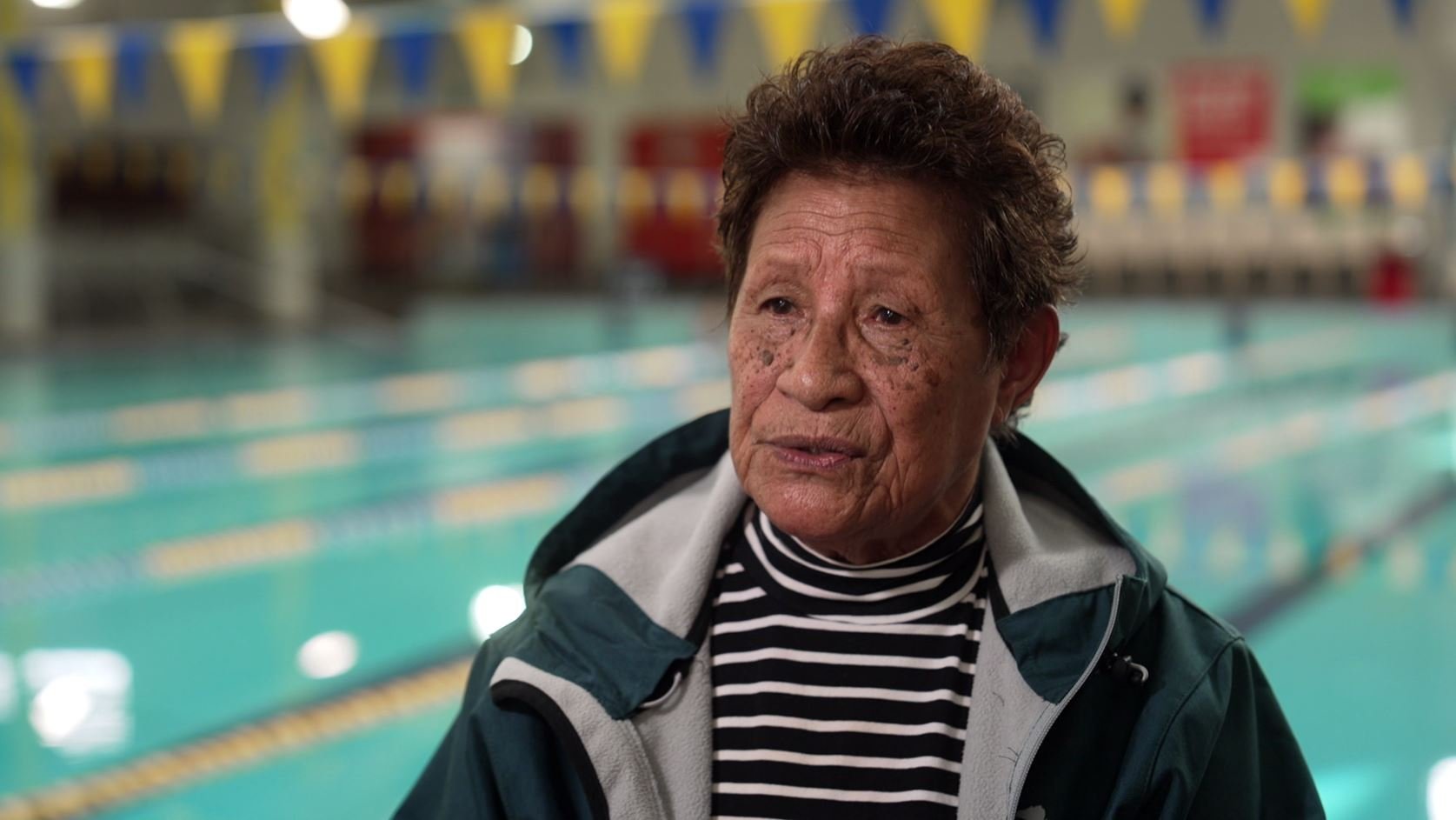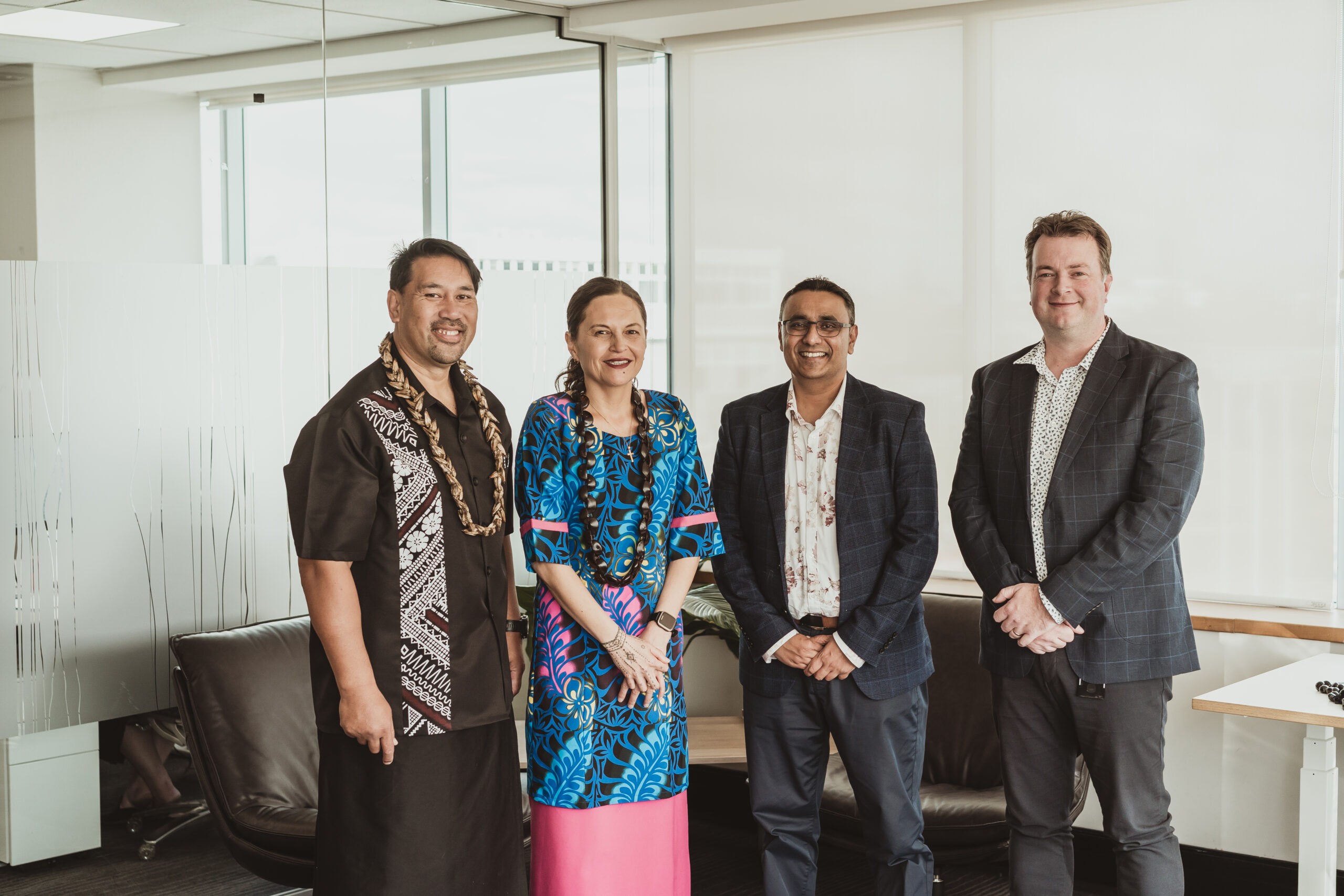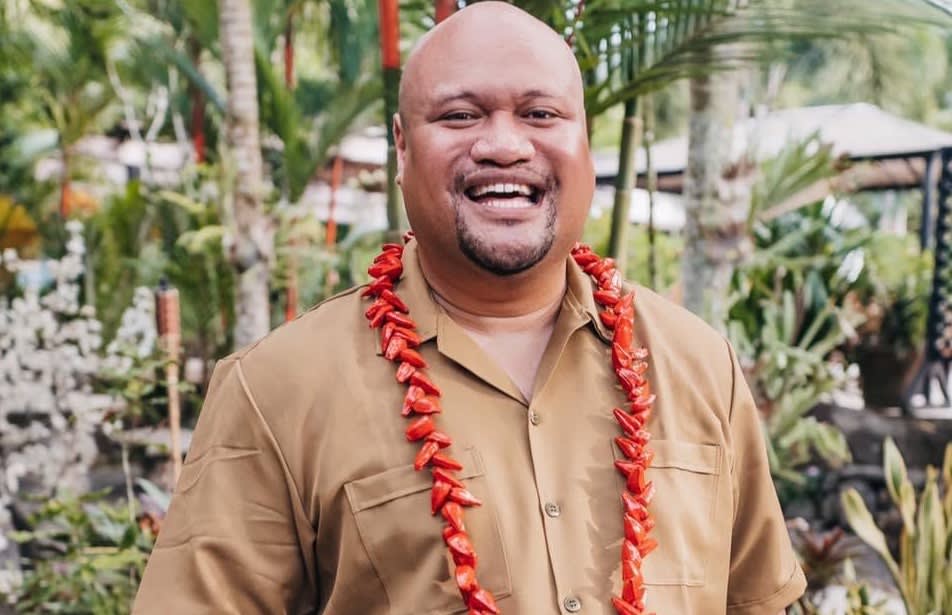Pasifika Medical Association Group
Thirty-five-year-old Jade Farrar lives with cerebral palsy and is wheelchair bound. He usually receives disability support for day-to-day needs such as household management, cooking, cleaning assistance, food shopping, and some personal care. Since the nationwide lockdown has restricted many disability carers from entering people’s homes, Jade, like many others, have had to make compromises on their self-care living situation.
“I’m still receiving some support, but it’s been very minimal during the lockdown,” he says. “My usual support persons are choosing to limit their travel, and it’s the right thing for them to do to look after their own health, but at the same time, it does have implications for disabled people.”
“I have a flatmate, she’s been a great help, but she’s not a replacement for the caregiver support that I’m supposed to have. I’ve accepted things in my home won’t be the ideal way I would like them to be, but I have to accept some compromises in my situation.”
“I think it’s really important for the Needs Assessment and Service Coordination services (NASCs) around the country to be aware of how people with disability are struggling. So my advice for others would be to reach out to them and make them aware you are struggling with support during lockdown.”
Farrar admits that as well as struggling with support for his disability, he’s also recently been made redundant. However, as a ‘YouTuber’ and digital content creator, he says social platforms and keeping connected with people online has kept him resilient and remaining positive during the lockdown.
“It’s been great for my mindset, great for my morale. It’s probably one thing that’s been an unexpected benefit of all this.”
However, National Lead for Te Pouo te Whakaaro Nui’s Disability Workforce Development programme Manase Lua says not everyone with a disability is able to easily communicate their issues, and so agencies and providers need to pay them special attention.
“Government agencies will focus on who they can give immediate help to, but what about those that are voiceless and are not out in the community?”
Lua says some with a disability need support from family or agencies to help them “on the ground” to fill out forms and advocate access to funding and support services.
“What I believe would help, is to ensure that agencies and providers are giving very special attention to those who have a disability or chronic illness with extra resources and support – because they will need it. They are most often the ones that are forgotten about in a national disaster and pandemics like this. The disability community is resilient, but they still need to be heard and considered with key decisions during the crisis.”












